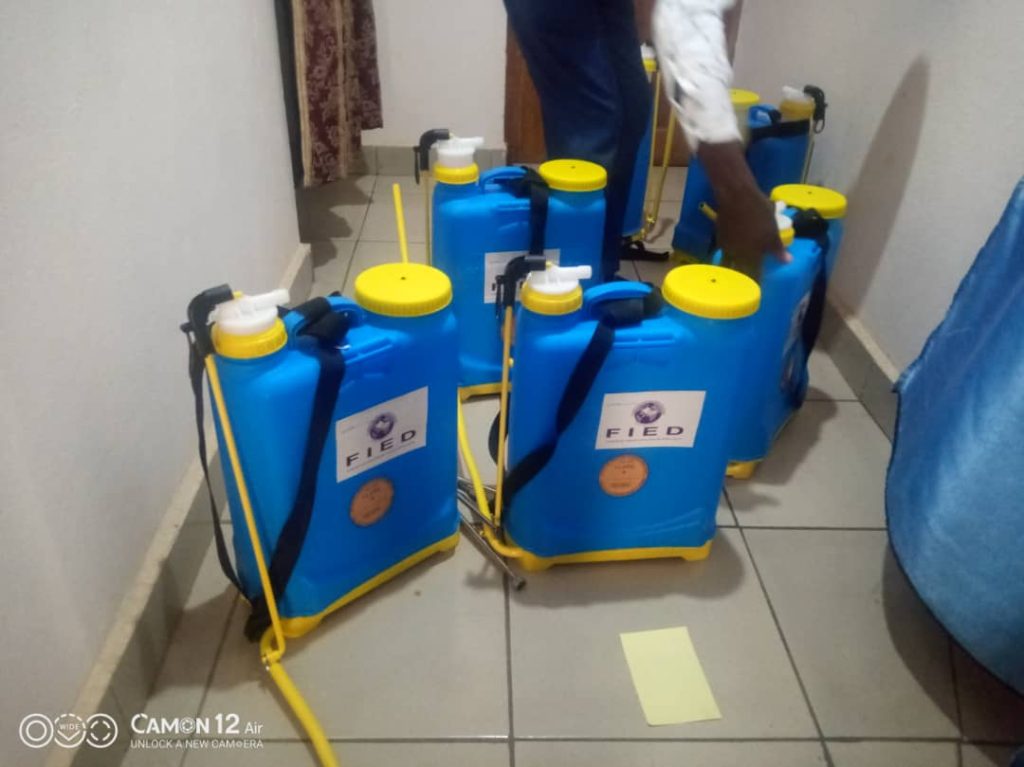
Sanitation
“Community survival and development depend much on adequate and relevant sanitation”
Sanitation goes toilets. Sanitation is important for all, helping to maintain health and increase life-spans. Behaviours, facilities and services together provide the hygienic environment that communities (most especially children and women) need to fight diseases and grow up healthily.
Poor sanitation puts people at risk of diseases and economic stagnation that can impact their overall development, competence and economic opportunities. It further puts people in emergencies at higher risks. While some urban communities have improved access to sanitation, many rural villages still remain in situations of inadequacy and the people are left behind.
When health systems become overwhelmed and productivity levels fall, entire economies suffer. Lack of sanitation can be a barrier to individual, family or community prosperity and sustainable development. When young people, especially girls, cannot access private and decent sanitation facilities in their schools and learning environments, the right to education is threatened in addition to their rights to water and basic sanitation itself. Adults, wage earners and farmers may also miss out on their work due to illness and thus find themselves in financial peril.
Without basic sanitation services, people have no choice but to use inadequate communal latrines or to practice open defecation, posing a risk to health and livelihoods.
The presence of toilets in most communities still poses a problem to waste containment and disposal. If toilets are difficult to clean or not designed or maintained to safely contain, transport and treat excreta, for example, waste might come into contact with people and the environment thus making sustainable development unachievable or almost impossible.
Open defecation
In communities without or with limited toilets, the practice of defecating in the open (such as in fields, bushes, or by bodies of water) becomes common thereby ravaging public health.
Exposed faecal matter contaminates food, water and the environment, and can spread serious diseases, such as cholera, typhoid, COVID-19. Coupled with poor hygiene practices, exposure to faecal matter remains a leading cause of child mortality, morbidity, malnutrition, and can negatively impact a child’s cognitive development. It can cause adult mortality as well and a breakdown in the economy as families will spend more on health care.
Open defecation is harmful to community health and well-being and can also undermine individual dignity and safety – especially for girls and women. When forced to travel greater distances from home to reach adequate hygiene facilities, girls and women are put at greater risk of violence.
EPDA’s response
EPDA is constantly working to provide safe sanitation for the most affected and hard to reach most vulnerable communities in rural and urban areas, and during emergencies.
We mobilize communities, build toilets and showers, and partner with donors and local collaborators to plan and implement sanitation services.
In emergencies, EPDA provides humanitarian relief actions to communities threatened by disrupted services and the risk of disease outbreak.
We continue to improve on the provision of sanitation technology by using leading innovations; ensuring basic toilets are affordable, accessible and safe; and finding effective, sustainable solutions for sanitation challenges that harm vulnerable communities and their inhabitants.
We create and train toilet management committees for public installed toilets.
Ending open defecation
Ongoing investment in sanitation services by households, communities and government is necessary to shift community behaviour so that ‘toilet use by all’ becomes the new norm and/or prerogative.
EPDA’s commitment to reduce open defecation is intrinsic in our strategic work in vulnerable communities in urban and rural areas.
We encourage and engage communities to carry out an analysis of existing defecation patterns and to use local resources to build low-cost household toilets and ultimately eliminate the practice.
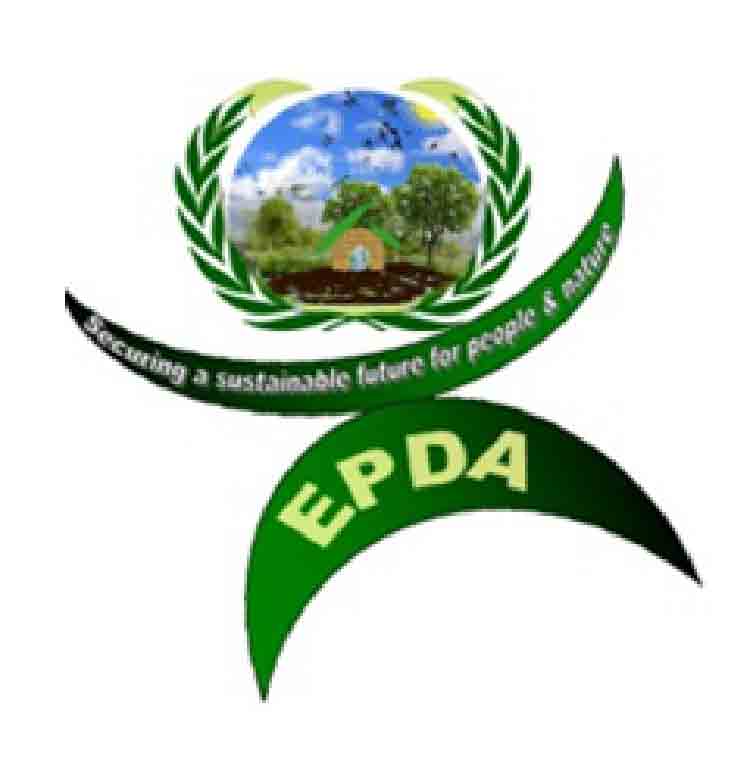
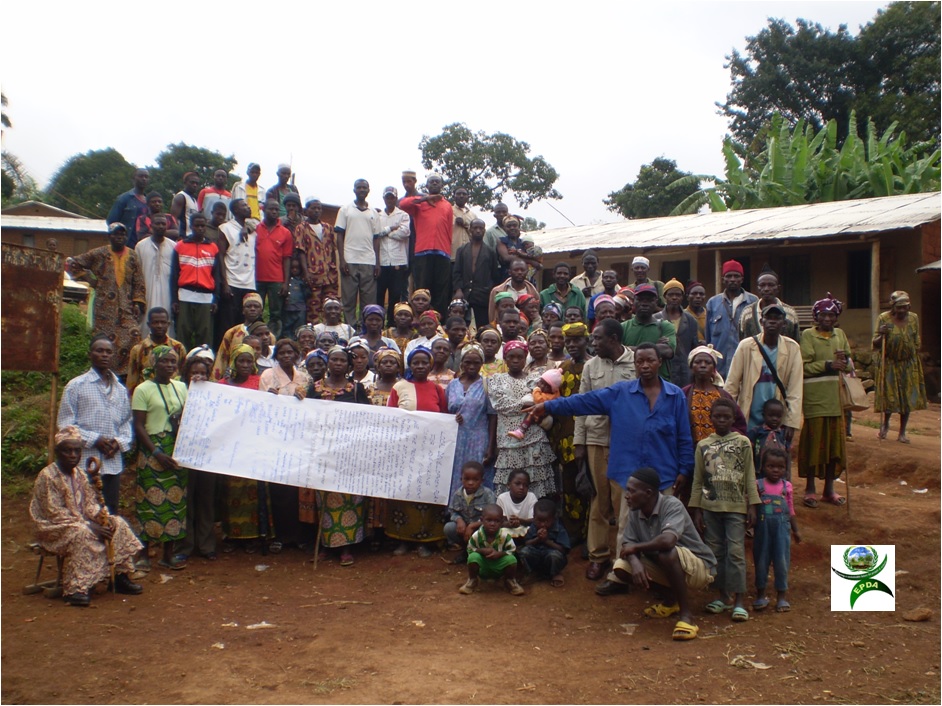
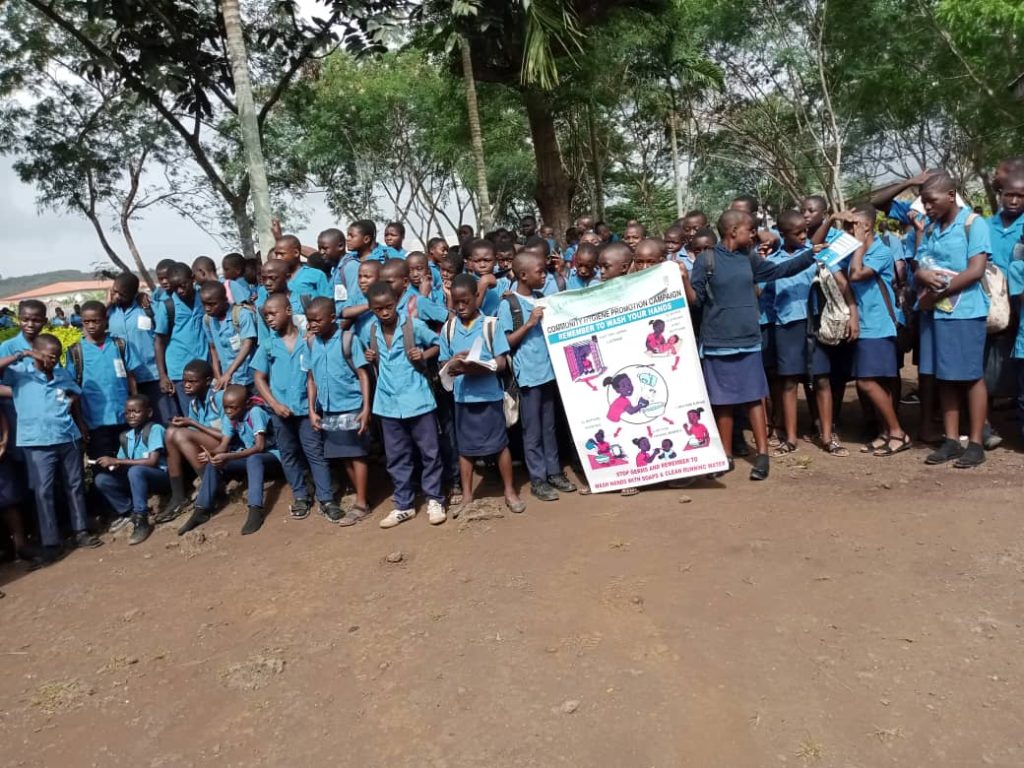
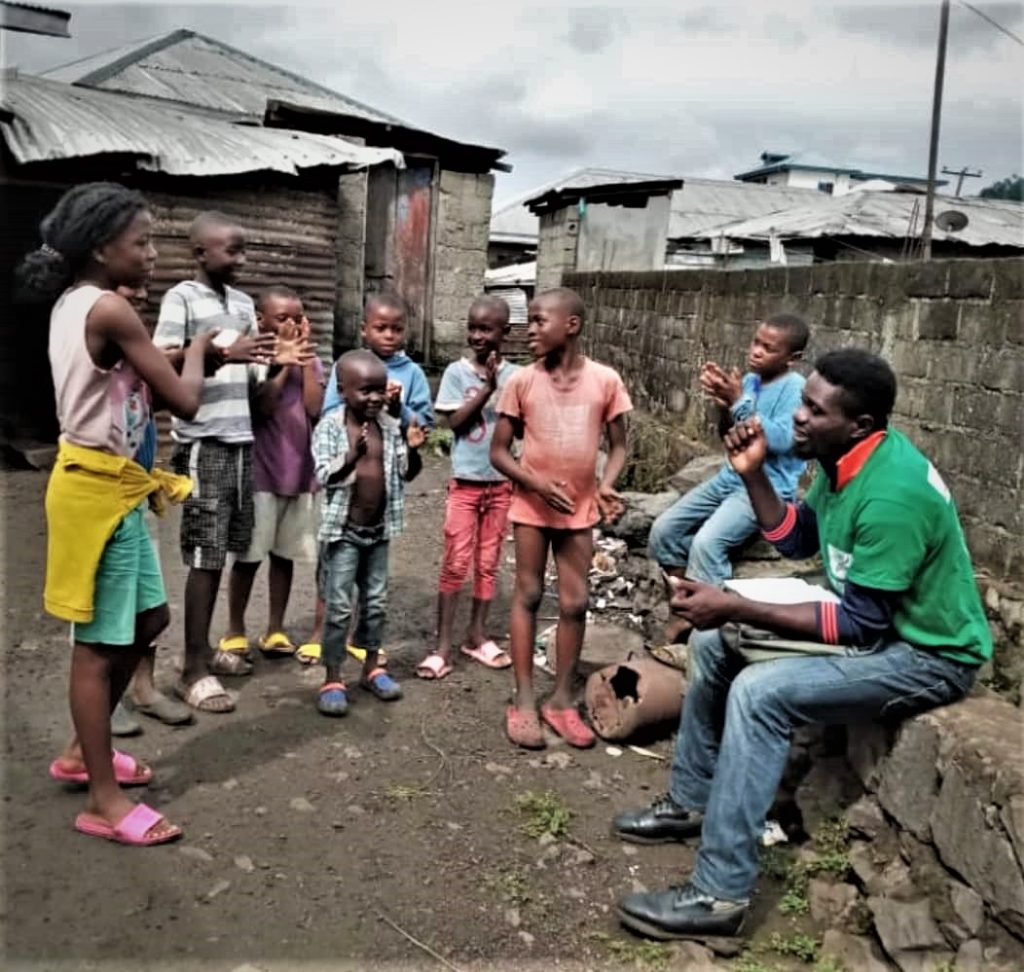
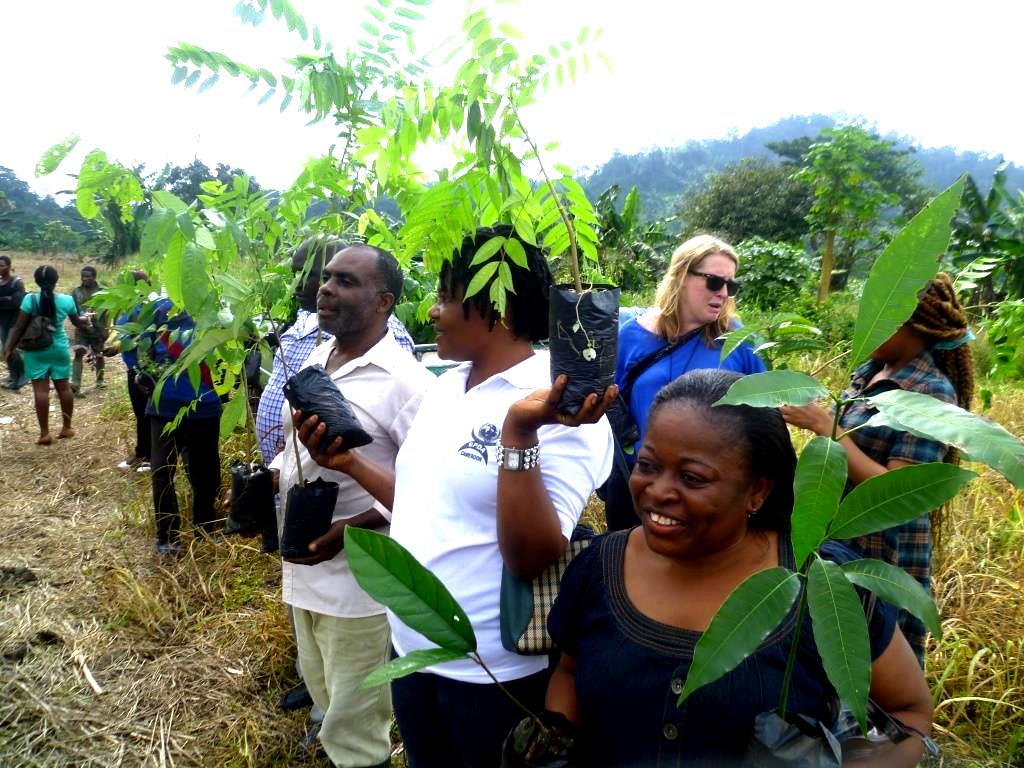
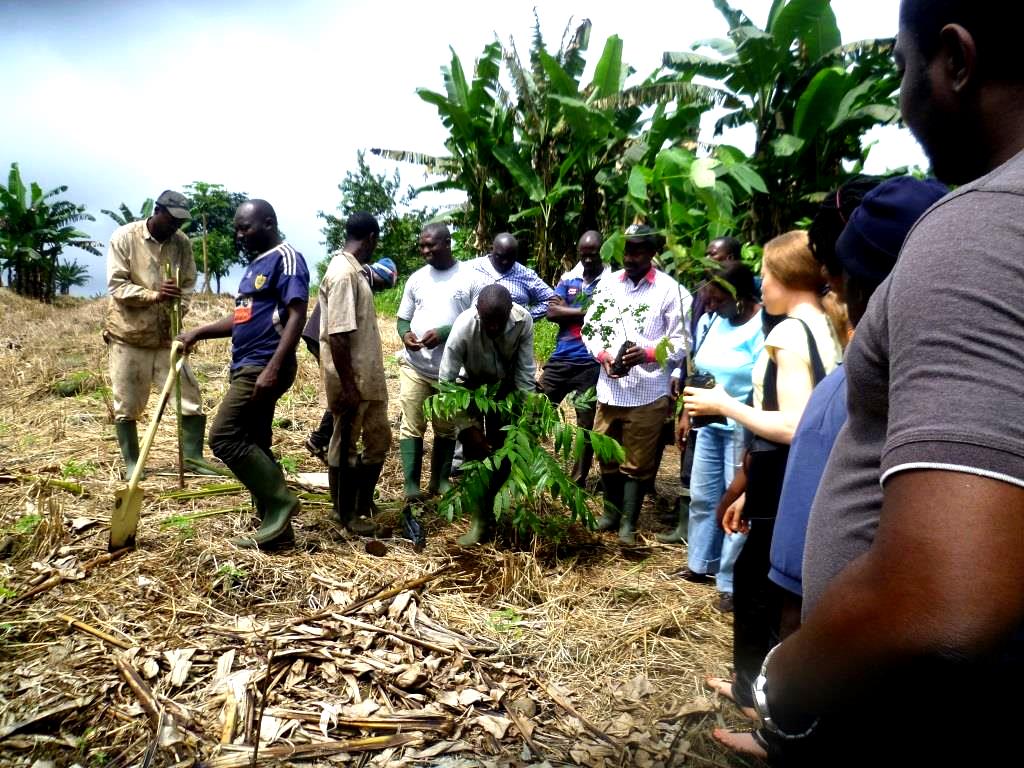



Responses